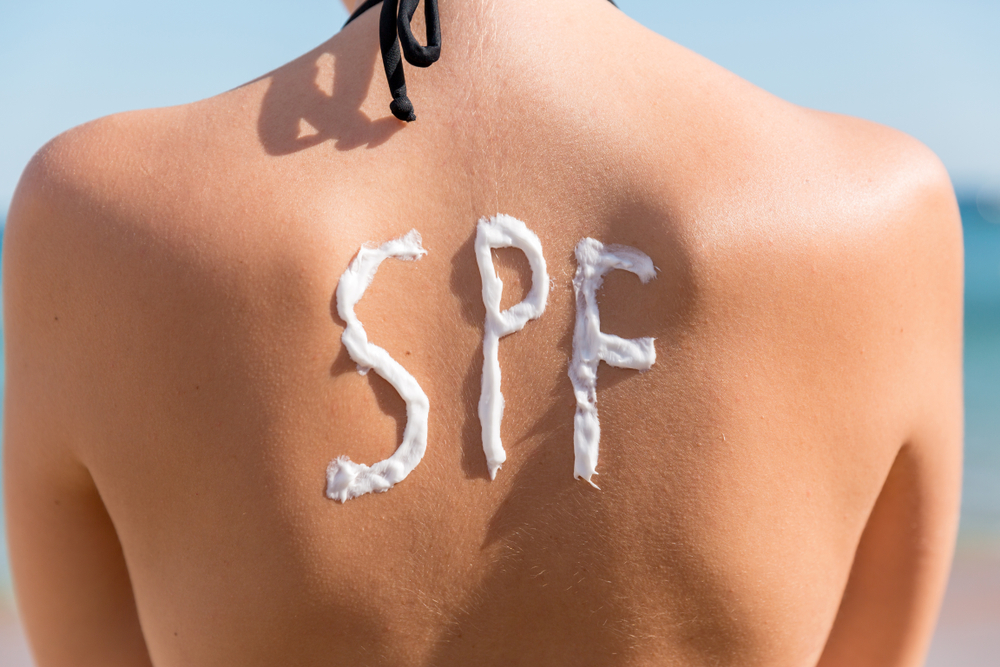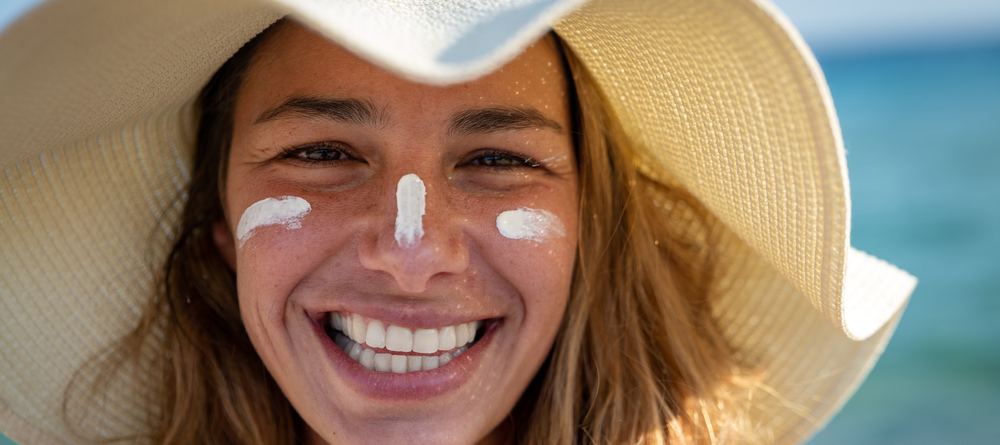Even on a bright day where the sun is behind the clouds, SPF is advised. As we enter the spring months, we asked a skin health expert why it’s not just when there’s full sun that we need to be wearing sun protection, and sun damage avoidants…
Chartered chemist and founder of SOS Serum Skincare, Bruce Green, says, “Clouds don’t entirely block off the sun’s UV rays, and it’s for this reason, that you might be at greater risk of being sunburnt. This is because when it’s not a sunny day, people may feel they don’t need to be wearing SPF on a daily basis as they aren’t being exposed to clear sun. Grey clouds actually allow 30-35% of UV rays to penetrate through them, whilst white clouds have up to 90% of UV rays shine through.

It’s also important to watch what products and ingredients you’re using on your skin as aftercare for sunburnt skin. Soothing heat rash, sunburn and prickly, sensitive and irritant skin post-sun exposure could be less straightforward than you think.”
Sun burn? Watch Out For…
Vaseline
“The British Skin Foundation recently shared how using creams with petroleum, benzocaine or lidocaine are able to trap heat in the skin or cause localised skin irritation to the sunburnt area.
Retinol
Retinol can be used to help reverse the signs of sun damage, however, it should be absolutely avoided as a means for soothing sun burn. Retinol should not be used in conjunction with sun exposure, or worn in the day, due to the skin irritating effect it can have. Retinol will only further sensitise the skin, and if you already have high sensitivity to the sun, it will only cause further skin damage.
Hyaluronic Acid
Whilst hyaluronic acid is one of the best sources of topical hydration for the skin – which is absolutely needed to help with drier skin due to the sun – it isn’t good for soothing the skin from sunburn. It will however help with skin peeling and to lock in much-needed moisture.
Water or Ice
If you cool down in a body of water and then proceed to lay out in the sun without drying the body first and reapplying sun cream, you’ll find water has minimal protection against UV rays. Water reflection also strengthens the UV rays, making them more intense and you more susceptible to further sun damage.
Finally, ensure you’re applying your SPF in your daily routine, I’d suggest a minimum sun factor protection of 30. It’s important to wear SPF all-year-round, as UVA/UVB rays are active whatever the weather. SPF works to reflect UVA and UVB rays away from the skin and act as physical blockers. This is achieved through mineral ingredients such as Zinc Oxide, which is able to give a protective shield on the skin. It reflects light. Other ingredients don’t reflect the rays but absorb them before they can penetrate the skin.”





